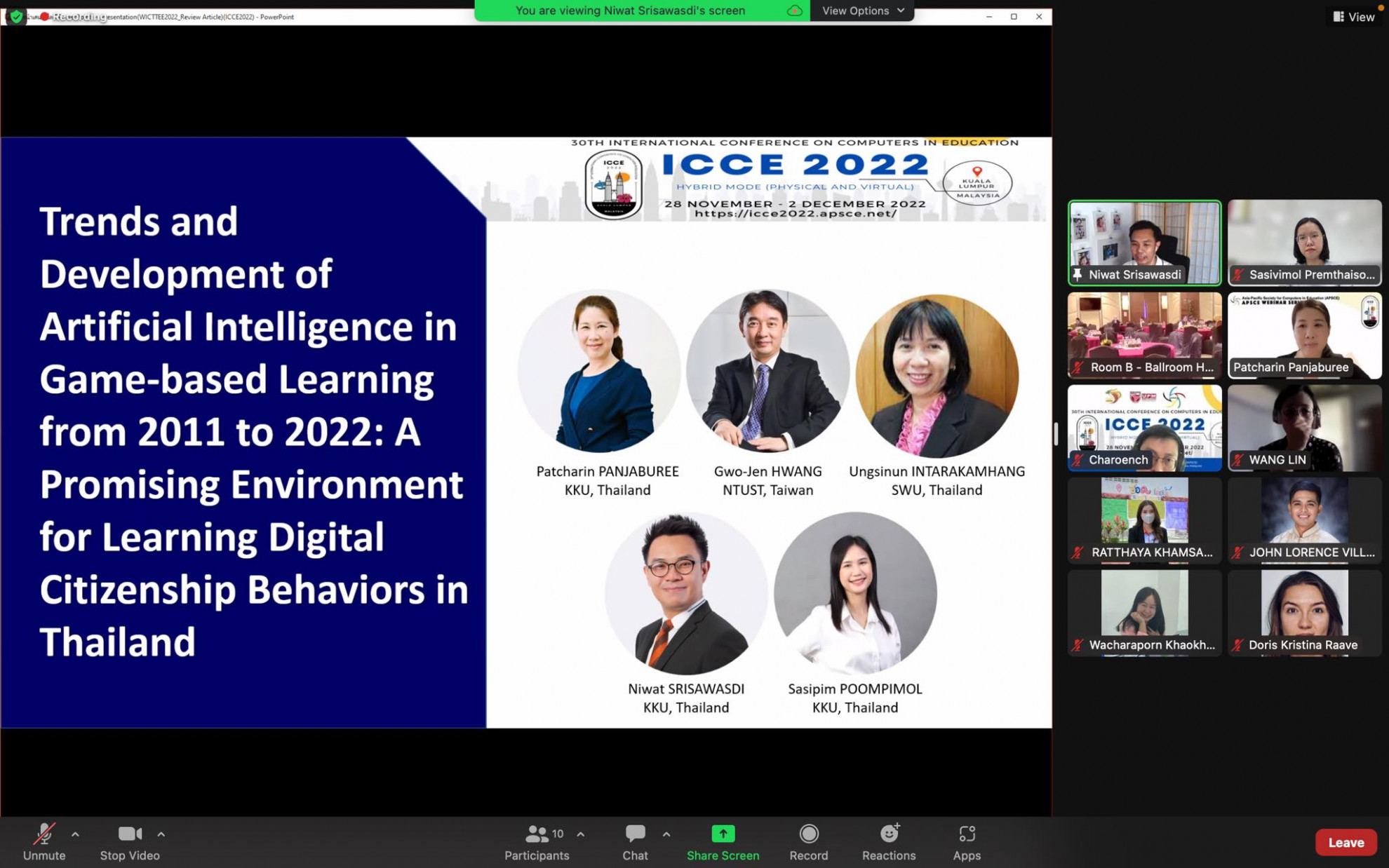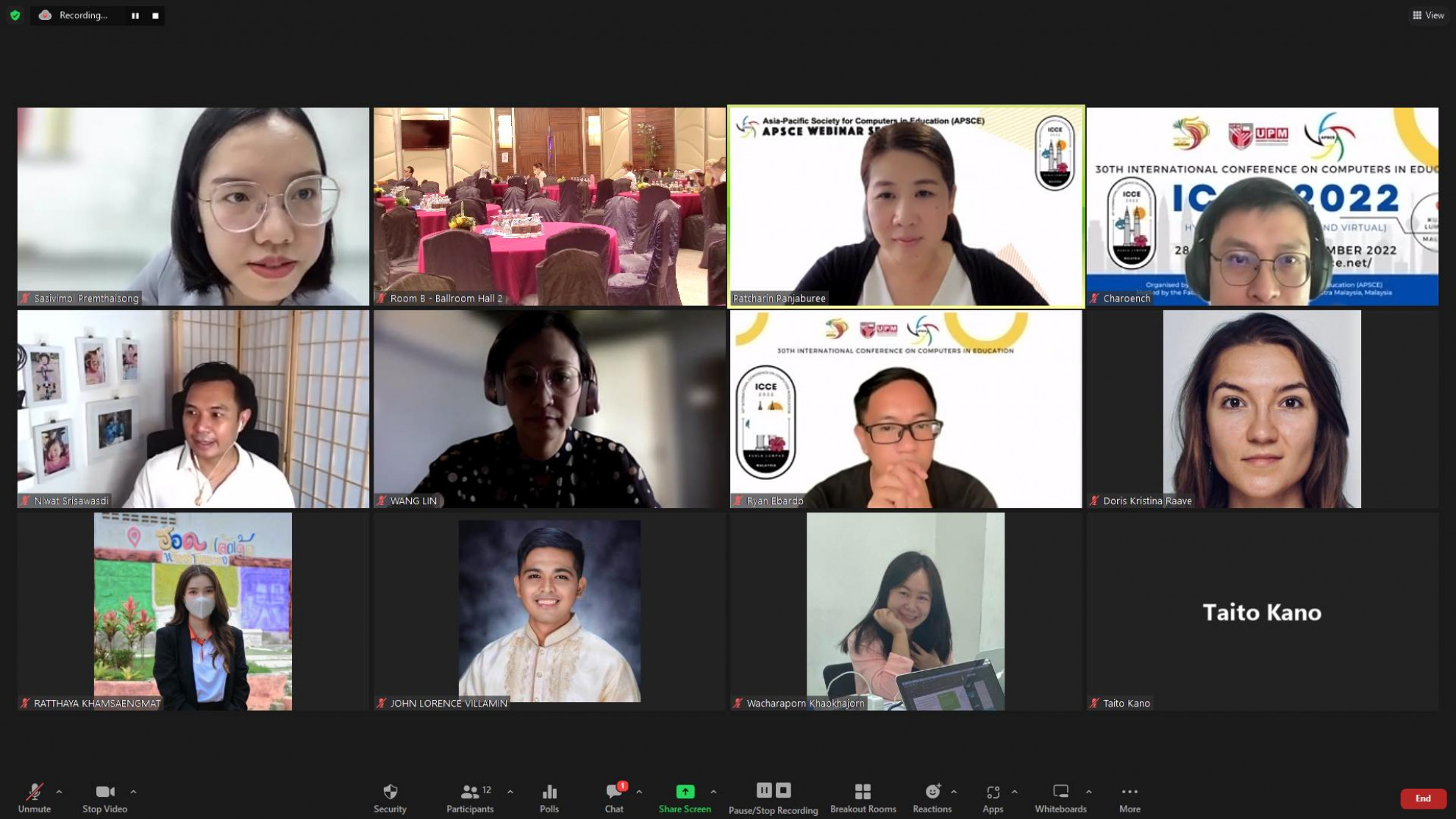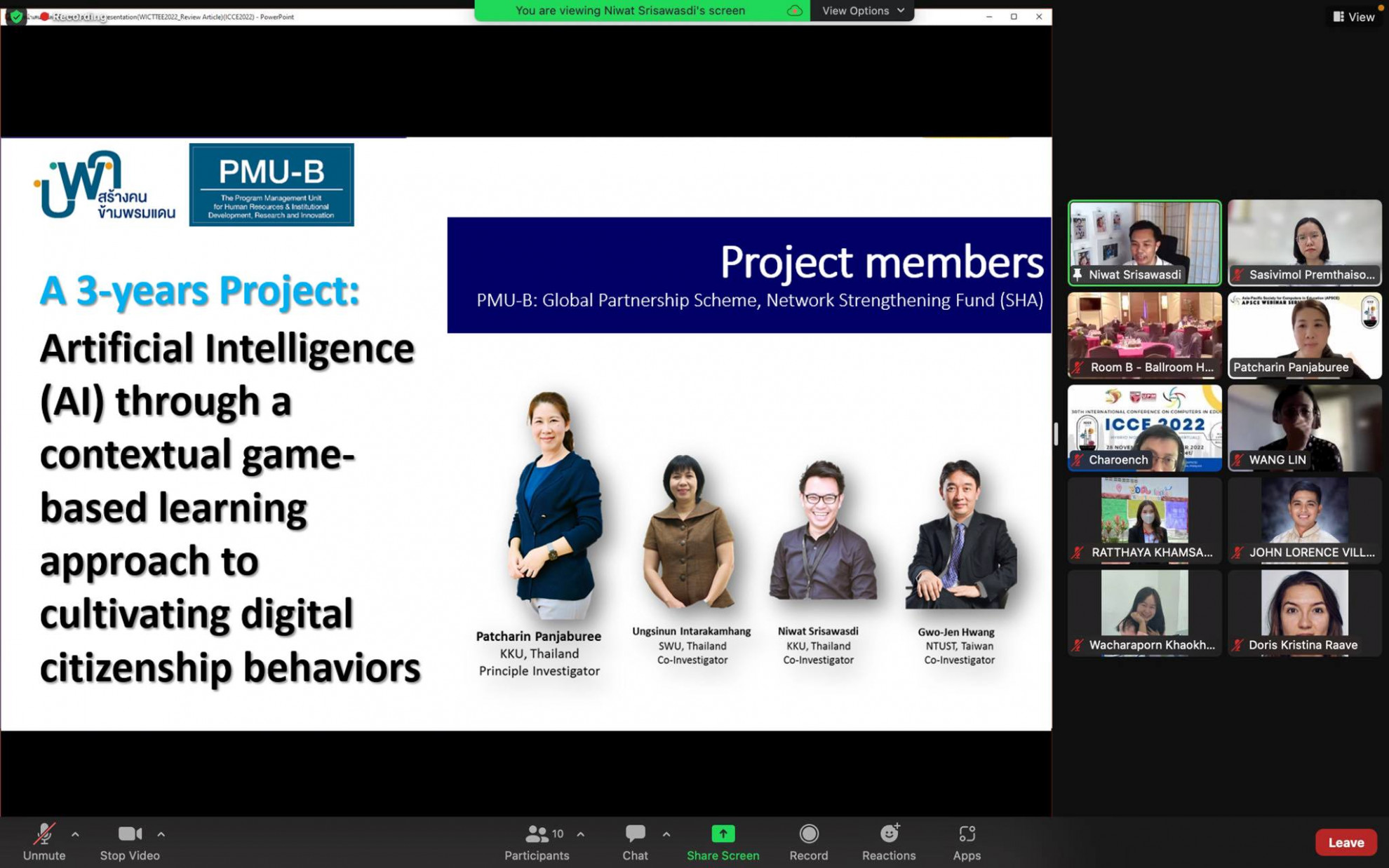





| Target | Indicator | Result |
|---|---|---|

SDG 4
QUALITY EDUCATION
|
||
| 4.7 By 2030, ensure that all learners acquire the knowledge and skills needed to promote sustainable development, including, among others, through education for sustainable development and sustainable lifestyles, human rights, gender equality, promotion of a culture of peace and non-violence, global citizenship and appreciation of cultural diversity and of culture's contribution to sustainable development | 4.7.1 Extent to which (i) global citizenship education and (ii) education for sustainable development, including gender equality and human rights, are mainstreamed at all levels in (a) national education policies; (b) curricula; (c) teacher education; and (d) student assessment | AI in game-based learning has been an attractive topic in the development of computers and technology in education, and learning logs have been an essential part of supporting desired learning behaviors. However, only a few studies have conducted AI in game-based learning to promote essential skills in the 21st century. In other words, essential skills have a potential domain with the rapid development of AI. Through the analysis of the trends and developments in the various dimensions of AI in game-based learning, further research directions and challenges in AIenabled game-based learning regarding promoting desired digital citizenship behaviors, mainly among young Thai students. |
With the emergence of new technologies and social media platforms, the increase in internet accessibility has changed the way of humans exchange information and participate in online social activities. The Internet has become an essential part of our everyday life. Especially for the younger generation, those born in the digital age perceive the Internet as a powerful tool for learning and empowerment (Fioravanti et al., 2012; Hong et al., 2003; Valaitis, 2005). Accessing the Internet is becoming an increasingly common substitute for face-to-face interaction, communication, work-from home, and online-learning activities. The concern for adolescents’ well-being and digital safety
education, thus, has been raised among scholars (Almourad et al., 2021; Edwards et al., 2018; Richardson et al., 2021; Tapingkae et al., 2020). As citizens of the world, youths of the 21st century are expected to understand their roles as digital citizens, be respectful of others and themselves, and be responsible to the online community. Hence, digital citizenship has been considered one of the necessary competencies by various world-renowned educational and economic policy development organizations (ISTE, 2007; OECD, 2018; UNESCO, 2015). It covers a set of competencies that determines not only human internet behaviors but also a factor determining an individual’s learning, indicating how critically and ethically a person processes the information (Hollandsworth et al., 2011). Various definitions of digital citizenship have been continuously discussed and evolved throughout the past decades. Generally, “digital citizenship” refers to safe and responsible technology usage behaviors. The basic perspective of digital citizenship emphasizes the norms of the individual’s behaviors comprised of responsibility, rights, safety, and security in technology use (Ribble et al., 2004). However, as time passed, the concept was extended to the concepts of global citizenship from the perspective of using digital technologies to support social development and humanity (Choi, 2016; Emejulu & McGregor, 2019; Martens & Hobbs, 2015). Additionally, the scope of digital citizenship
was mentioned using the term “media or information literacy.” Martens & Hobbs (2015) defined media literacy as “a competence and positive engagement with digital technologies regarding creating, working, sharing, socializing, investigating, playing, communicating, and learning. Participating
actively and responsibly in the aspects of values, attitudes, skills, and knowledge in online communities at the political, economic, social, cultural, and intercultural levels. Being involved in a double lifelong learning process and continuously defending human dignity.” According to the definitions mentioned earlier, however, the scholars coherently agreed that these two concepts should be harmonized in the field of teaching digital citizenship since literacy, namely a capability to read, write, and communicate to engage as a part of the online community if not all but it stills the fundamental competences and skills leading to a higher level of ethical digital practice
(Buchholz et al., 2020; Pangrazio & Sefton-Green, 2021; Saputra & al Siddiq, 2020). Therefore, we review journal articles that lay on digital citizenship and digital literacy in this article. With various teaching and learning strategies during the past decade, technology-enhanced learning or using
information communication technology (ICT) has challenged educational reforms in promoting desired digital citizenship behaviors in emerging countries such as Thailand. In the context of Thailand, digital citizenship or digital literacy has been defined as a safe, ethical, lawful, and effective use of ICT. Individuals can appropriately access, evaluate, and create data, information, or content media (Ministry of Digital Economy and Society, 2020). However, the teaching and learning strategies for providing knowledge and proper skills/behaviors to digital citizenships have not been well studied. That is to say, this paper aims to promise an educational position for promoting digital citizenship behaviors in the context of Thailand.
The potential topics for conducting the digital citizenship behaviors or digital literacies for Thai youth students are following:
• Cyberbullying or be upstanding: the students should be able to reflect on what it means to be brave enough to stand up and help others both online and offline, understand the feelings of cyberbullying people (Cyberbullying) or intimidation by using digital technology, and find solutions to help cyber-bullying people.
• Safe online talk: it involves descriptions of the positive aspects of texting and chatting online, identification of inappropriate and risky friendships or making friends, flirting, and conversation situations, and understanding of the rules for safe online messaging and a sense of power to deal with awkward situations when communicating online.
• Reality of digital drama: it refers to reflecting feelings about stories that happen in the digital world, comparing the messages that convey the stories that happened in the digital world and the real lives of teenagers, thinking critically about Gender stereotypes and general conclusions.
• Cyberbullying (crossing the line and making correct decisions): includes analyzing online bullying behavior that leads to crossing the line, learning about the bullying behaviors in the online world (e.g., flaming, deceiving, and harassment), and applying the perspective of people who have been bullied
in the online world as a solution when faced with cyberbullying incidents.
(2) Applying the traditional machine learning approach as the decision-tree technique to create a storyline to trigger the students’ good decisions.
(3) Applying instructional design as context-based learning to design gaming activities to situate the students’ behavior aforementioned-item (1) digital citizenship behaviors or digital literacies.
(4) Analyzing learners’ behaviors and interactive patterns in gaming activities with the decision-tree technique to understand changing and adapting undesired behaviors to desired behaviors.


